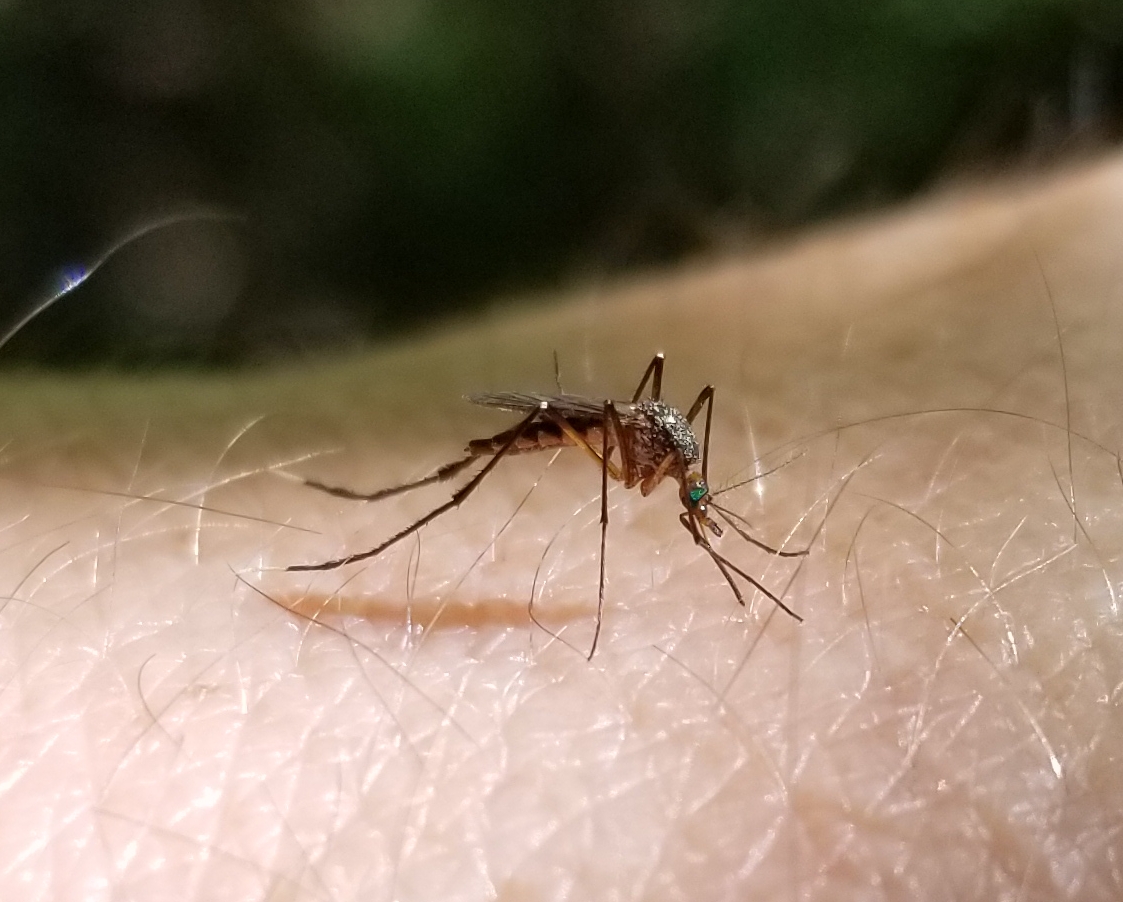
Marion County — The Florida Department of Health in Marion County (DOH-Marion) is warning residents of another confirmed human case of locally-acquired West Nile virus.
This brings the total to four cases since July 2024.
DOH-Marion and the Marion County Board of County Commissioners are coordinating surveillance and prevention efforts by adulticide truck treatment using ultra-low volume (ULV) sprays in identified areas.
DOH-Marion reminds the community to avoid being bitten by mosquitoes by taking these basic precautions.
Symptoms
-
- No symptoms in most people. Most people (8 out of 10) infected with West Nile virus do not develop any symptoms.
- Febrile illness (fever) in some people. About 1 in 5 people who are infected develop a fever with other symptoms such as headache, body aches, joint pains, vomiting, diarrhea, or rash. Most people with febrile illness due to West Nile virus recover completely, but fatigue and weakness can last for weeks or months.
- Serious symptoms in a few people. About 1 in 150 people who are infected develop a severe illness affecting the central nervous system such as encephalitis (inflammation of the brain) or meningitis (inflammation of the membranes that surround the brain and spinal cord).
- Symptoms of severe illness include high fever, headache, neck stiffness, stupor, disorientation, coma, tremors, convulsions, muscle weakness, vision loss, numbness, and paralysis.
- Severe illness can occur in people of any age. However, people over 60 years of age are at greater risk for severe illness if they are infected (1 in 50 people). People with certain medical conditions, such as cancer, diabetes, hypertension, kidney disease, and people who have received organ transplants, are also at greater risk.
- Recovery from severe illness might take several weeks or months. Some effects might be permanent.
- About 1 out of 10 people who develop severe illness affecting the central nervous system die.
Article continued below

The Department continues to conduct statewide surveillance for mosquito-borne illnesses, including West Nile virus infections, Eastern equine encephalitis, St. Louis encephalitis, malaria, chikungunya, and dengue. Residents of Florida are encouraged to report dead birds to the Florida Fish and Wildlife Conservation Commission’s site.
